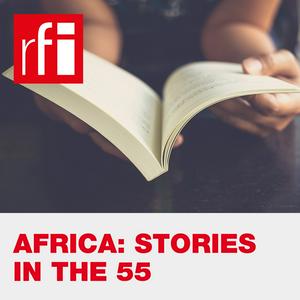Helon Habila's novel 'Travelers' explores the lives of Africans in exile
In Nigerian author Helon Habila’s latest novel, “Travelers”, Habila brings African expat and migrant stories to life in a number of short stories that are woven into a complex narrative of safety, identity, loss, and love. He also reflects on his own experiences, dealing with homesickness in “a new place that you’re trying to make sense of.” In stories that begin and end between Germany, London, Malawi, Somalia, and Libya, in apartment blocks and refugee camps, Habila draws on personal tales why people live outside their countries for various reasons.The first encounter with Mark, a young Malawian who holds a life-changing secret, sets the pace for this look into the lives of others.One character, an elderly Zambian writer, is a political dissident in exile, a familiar person with African expats, the token African writer living outside of the continent.“You leave your country and you cannot be the kind of writer you want, the kind of writer you thought you were going to be,” says Habila.” You become this voice of Africa, you’re interviewed any time there is a coup d’etat,” he says adding that political dissidence because it is the only thing that gives him relevance.Ultimately, each and every one of us has a journey, and a story, says Habila. His experience with talking to Africans in Europe is that they want to be understood.“They feel unseen… anyone who listens to them is validation that they are alive and they are heard.”
